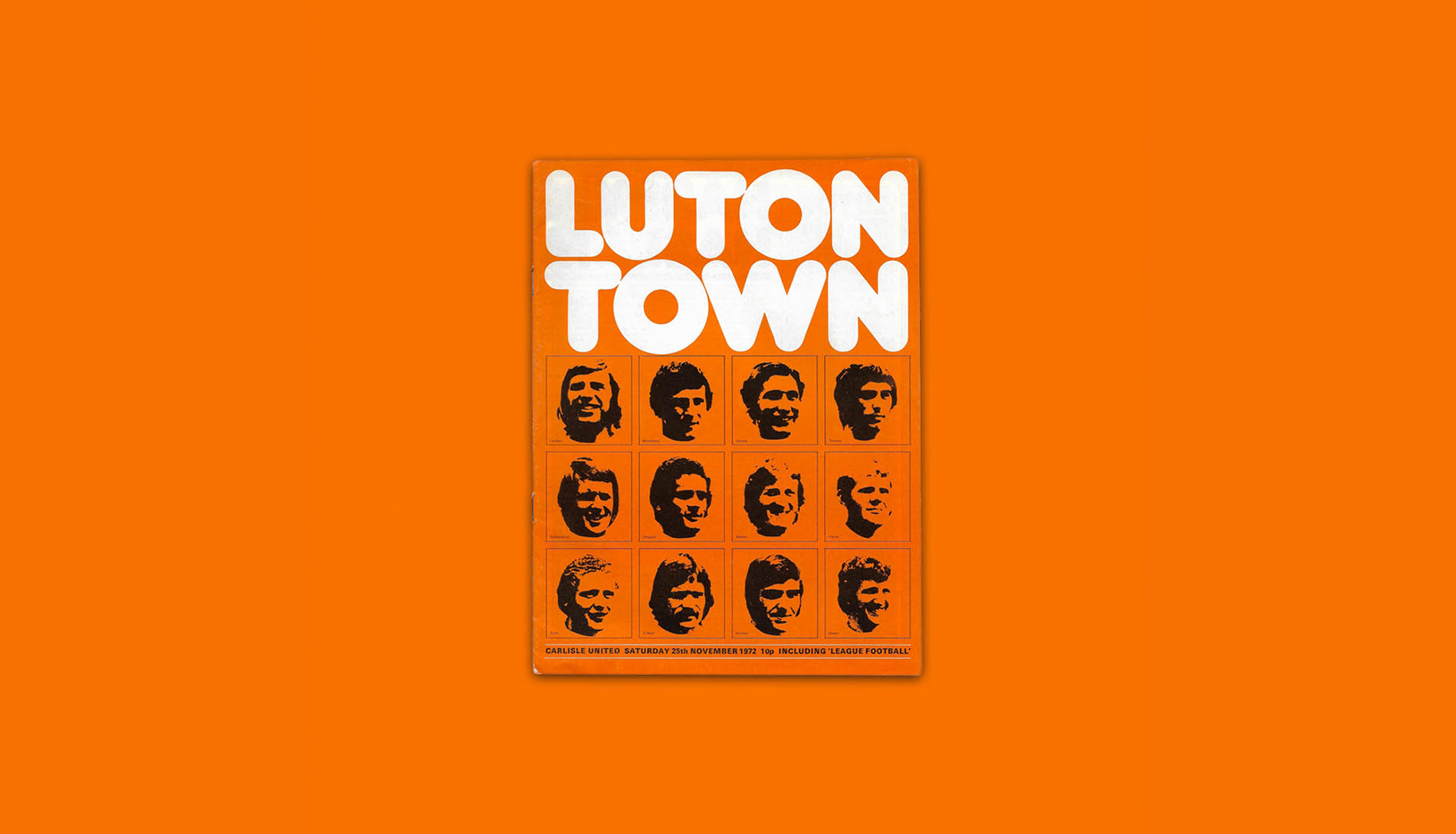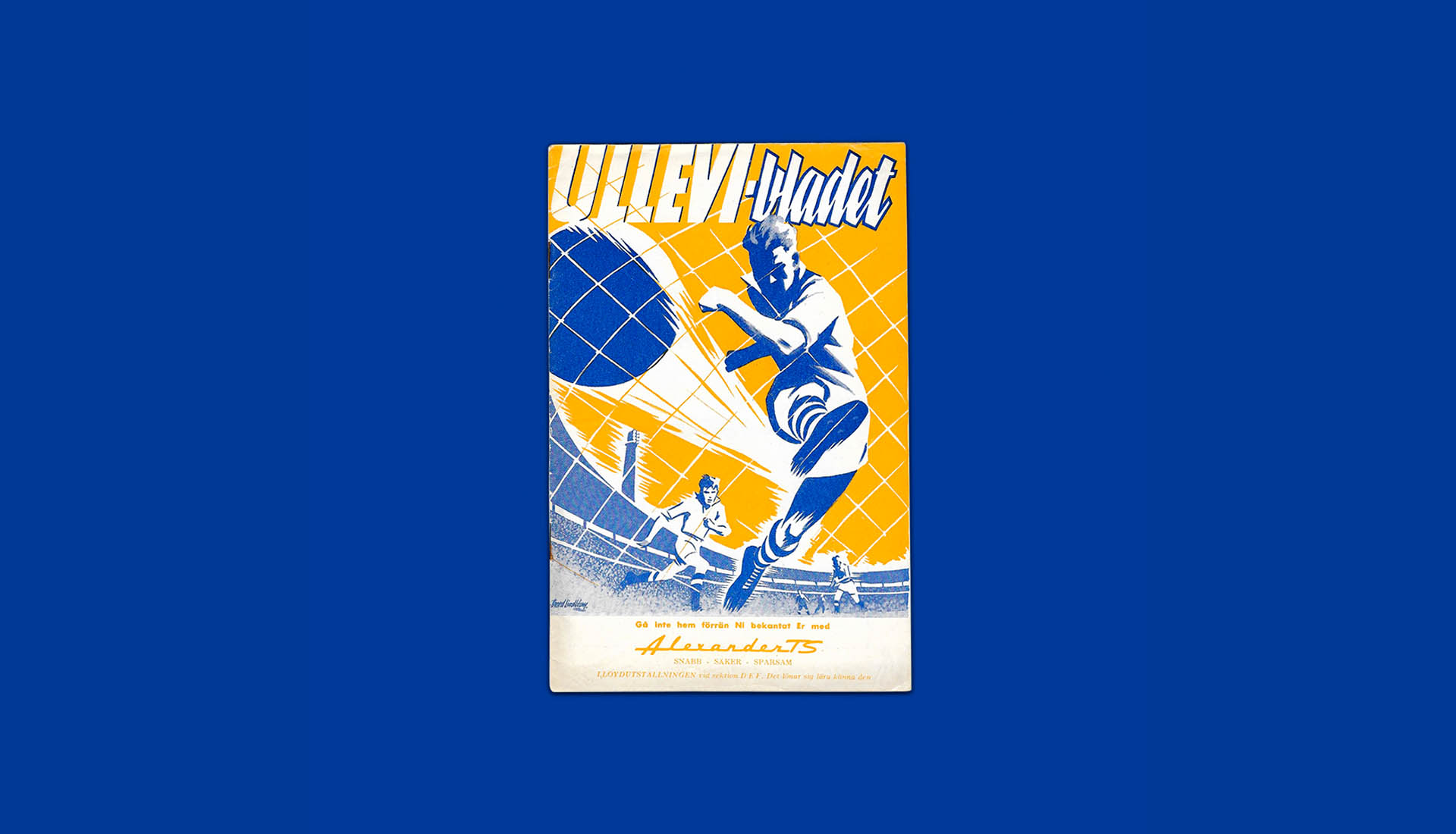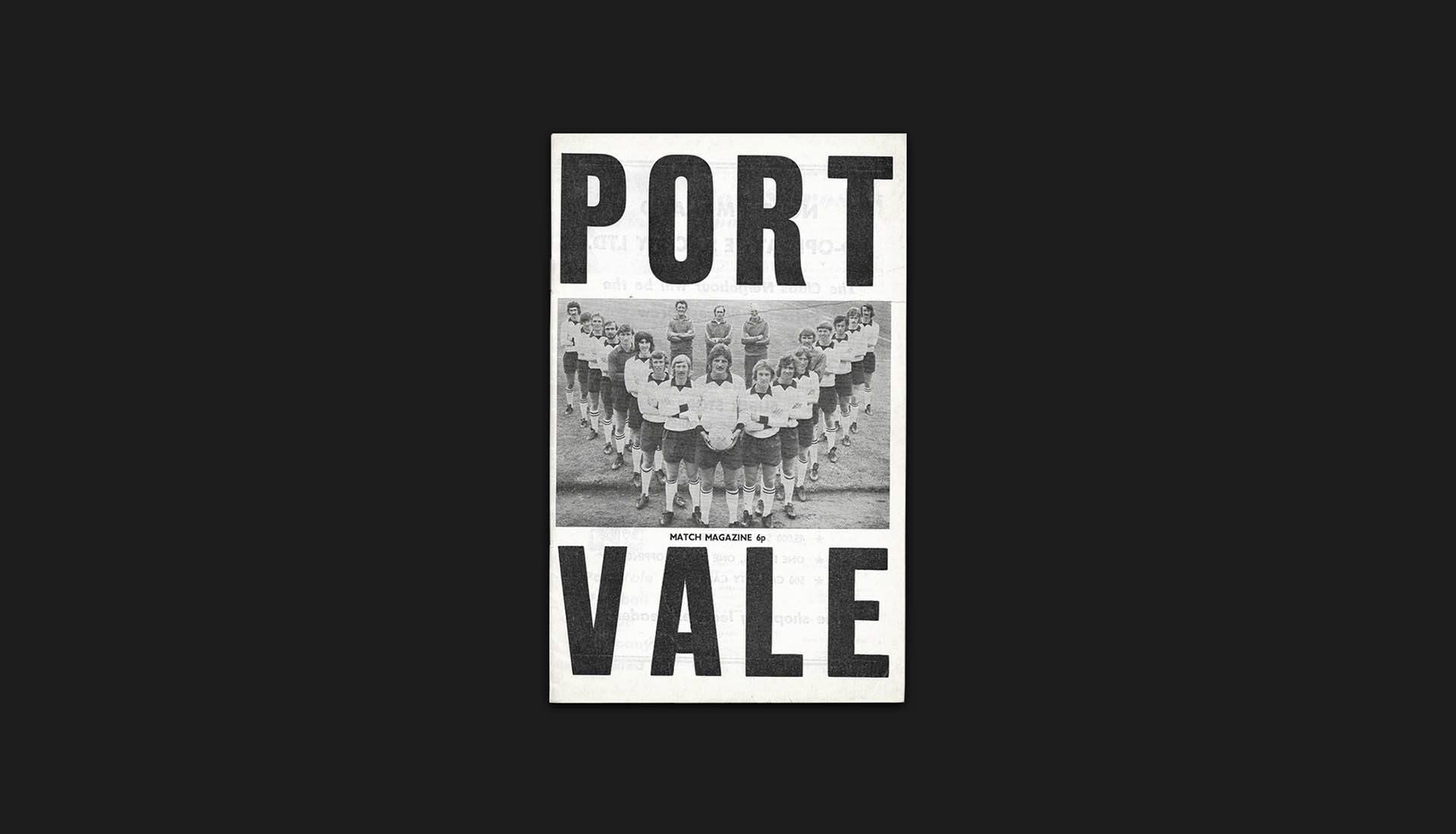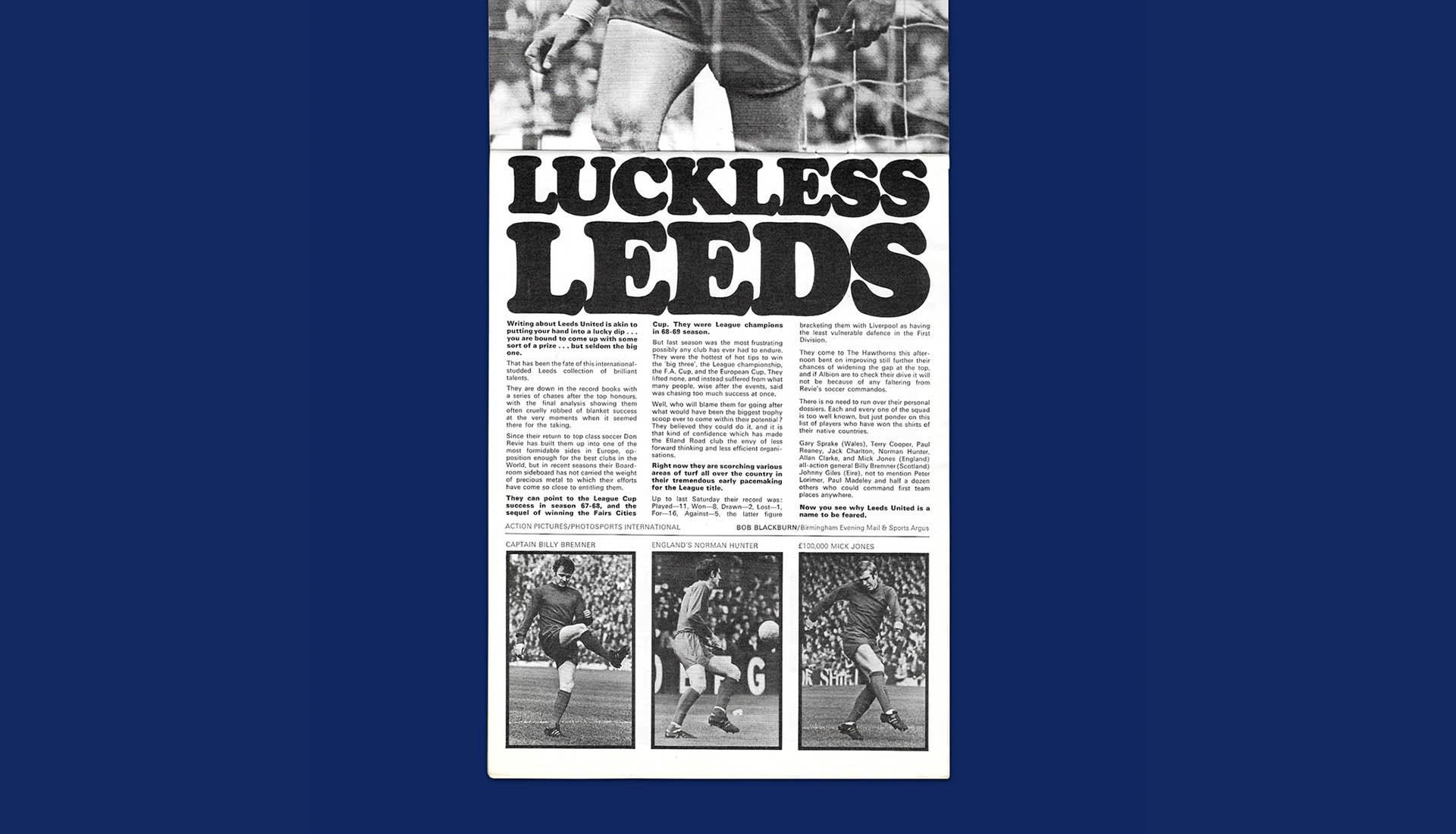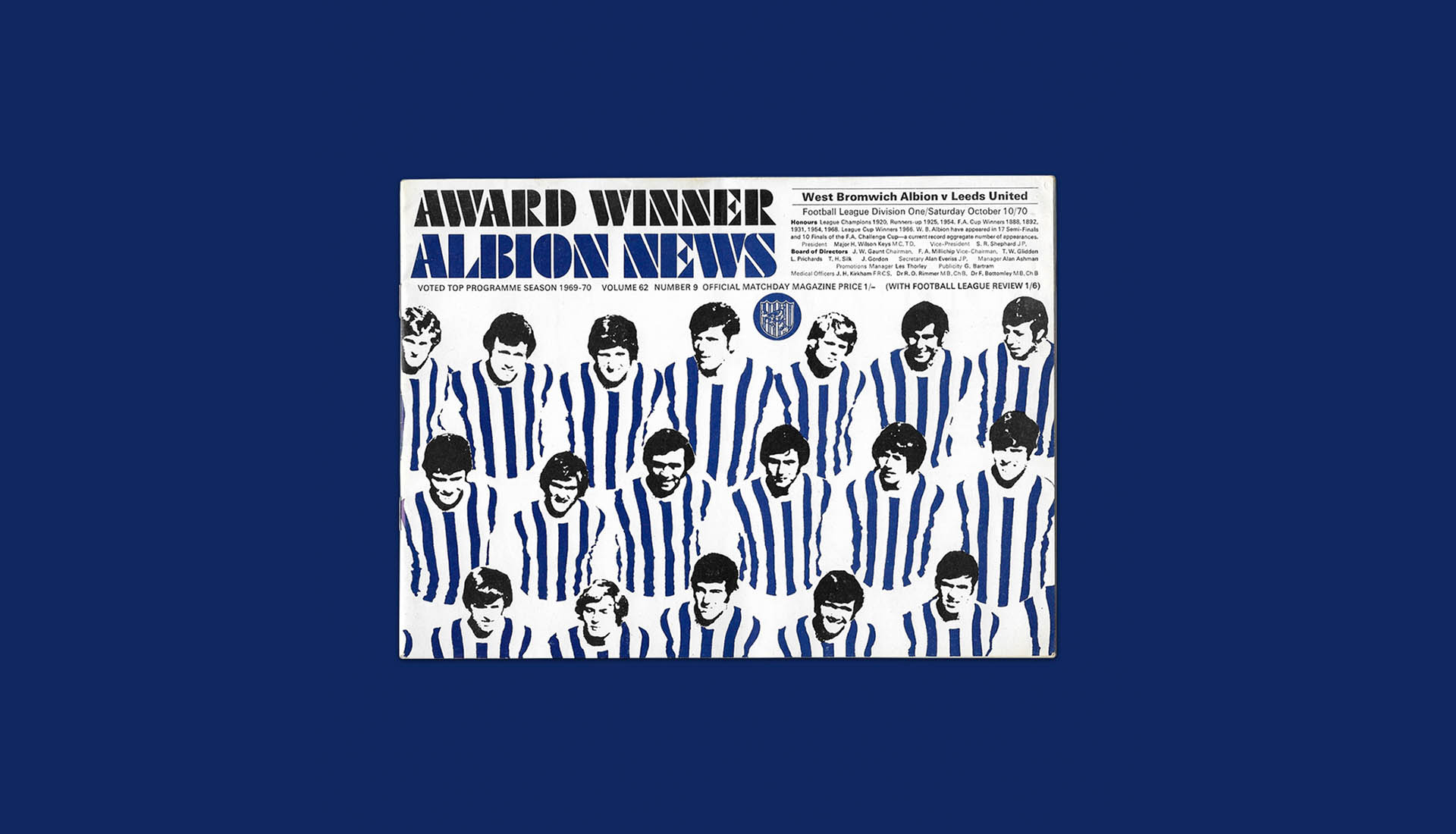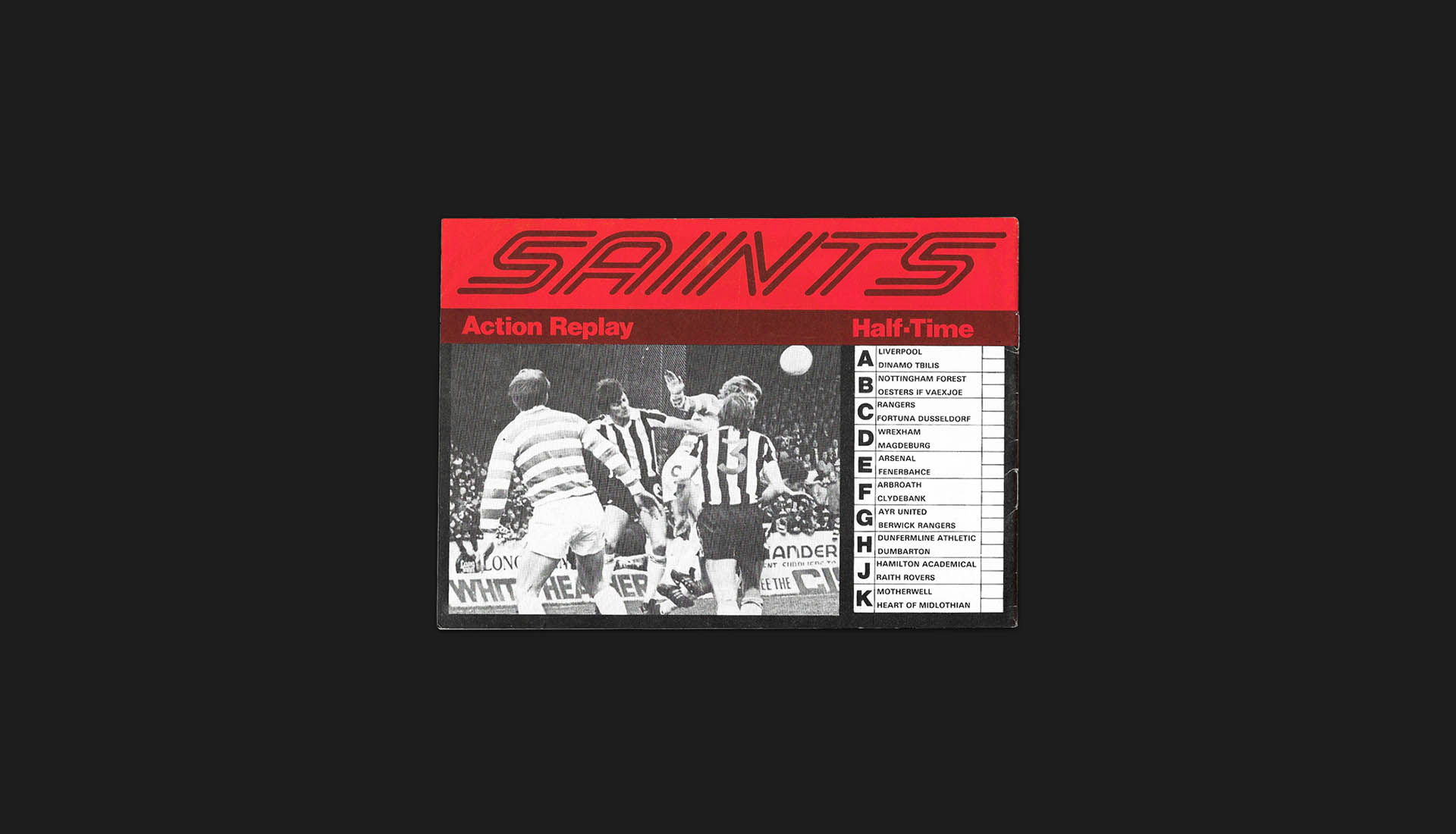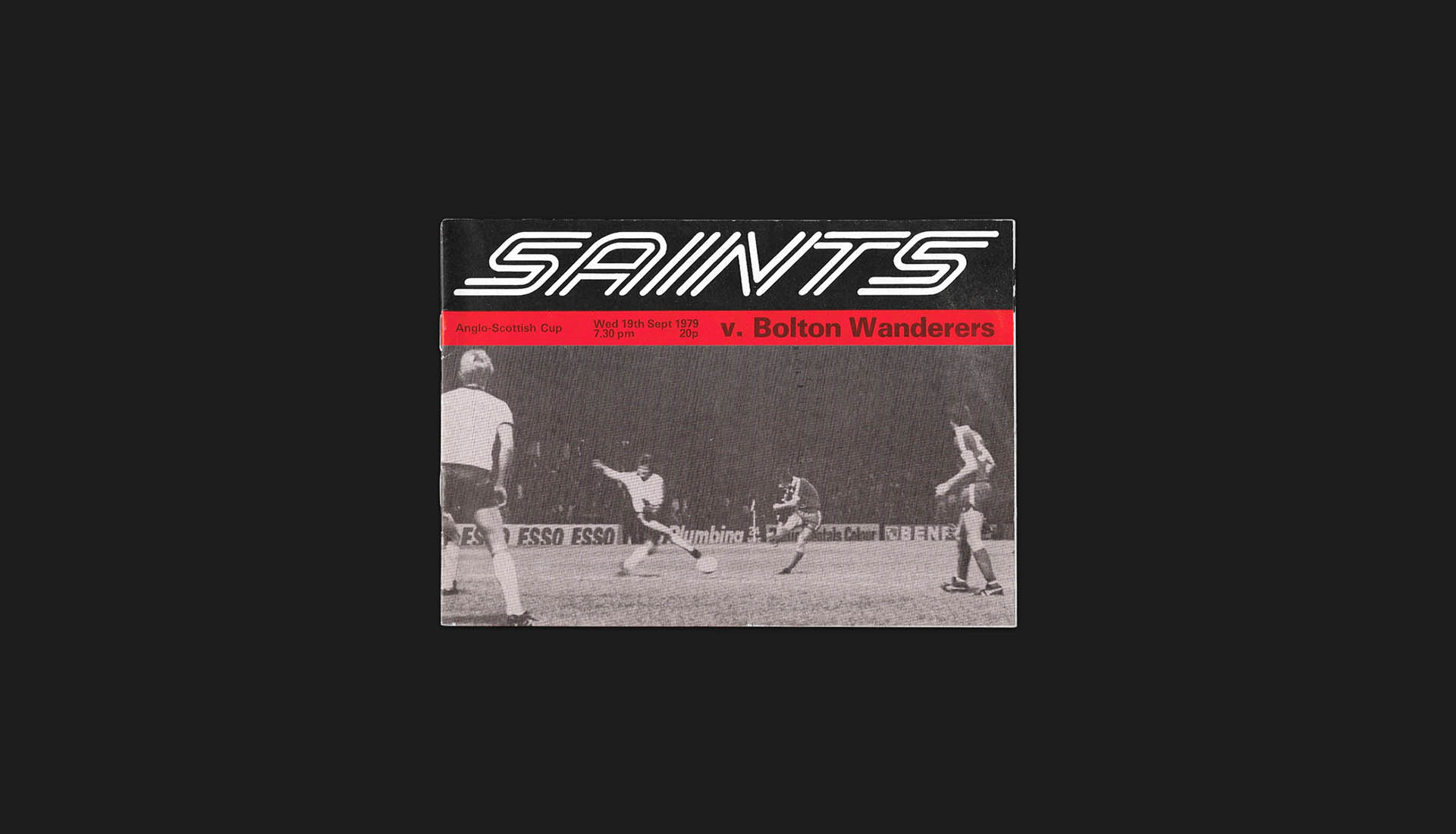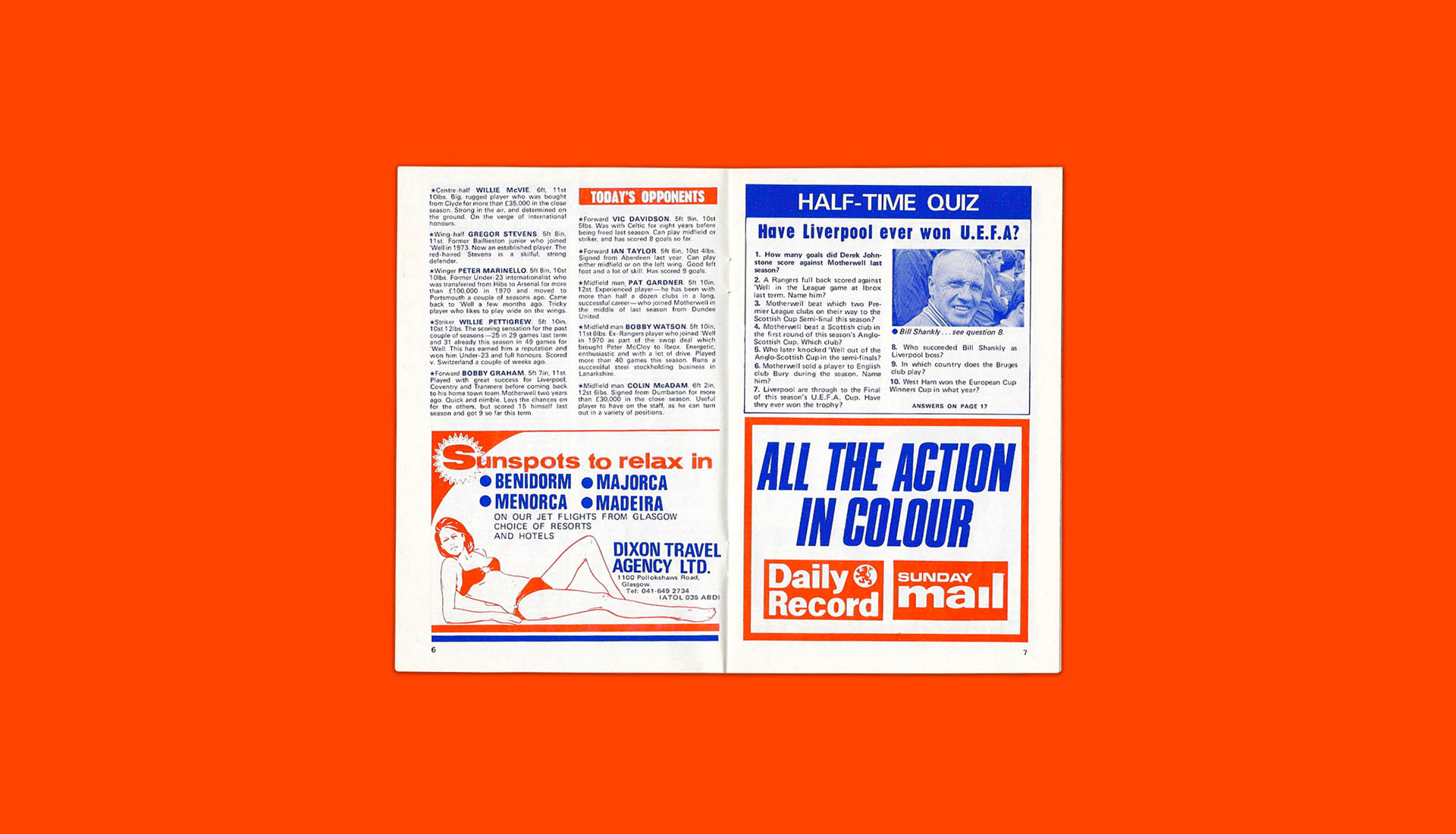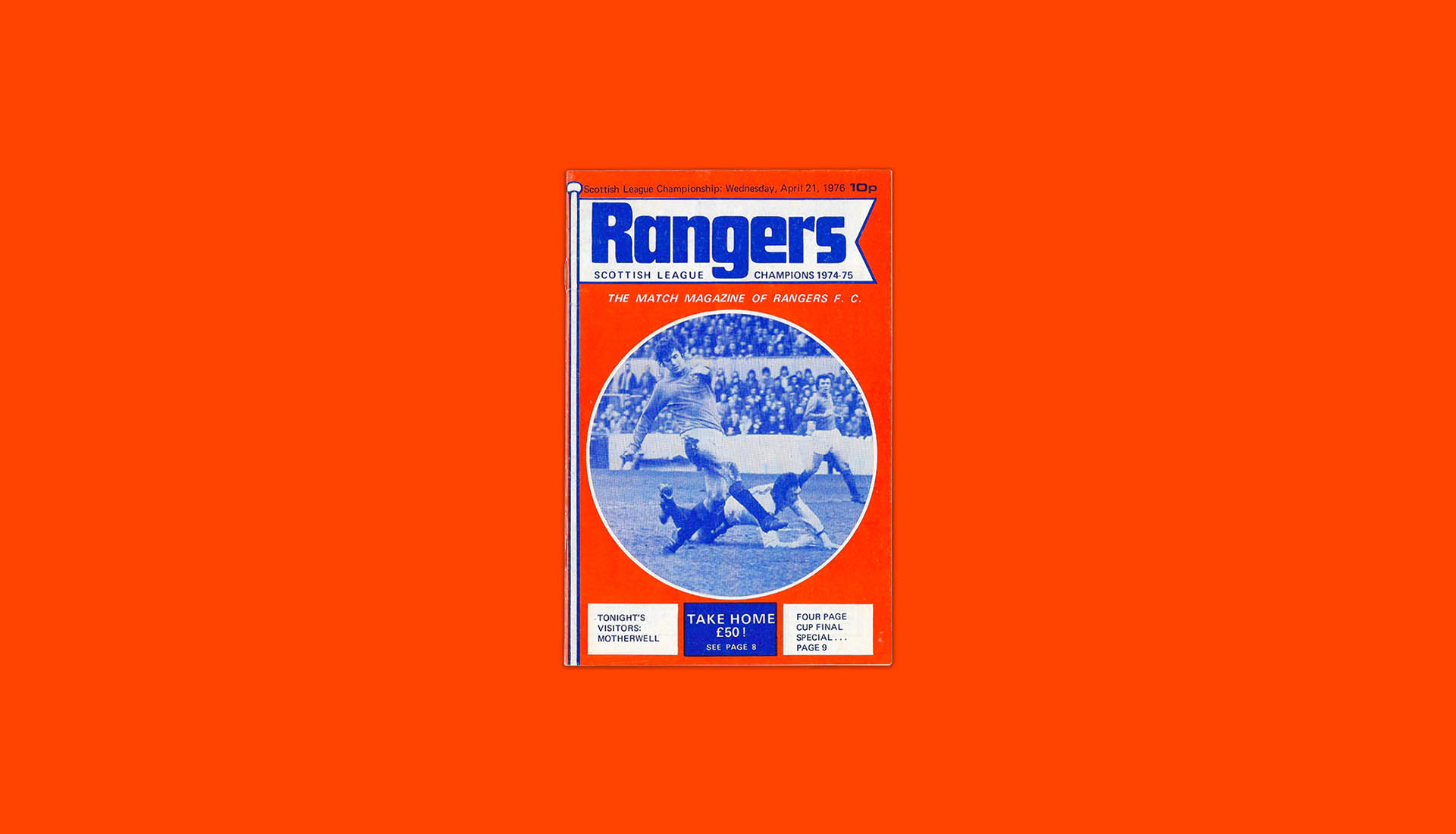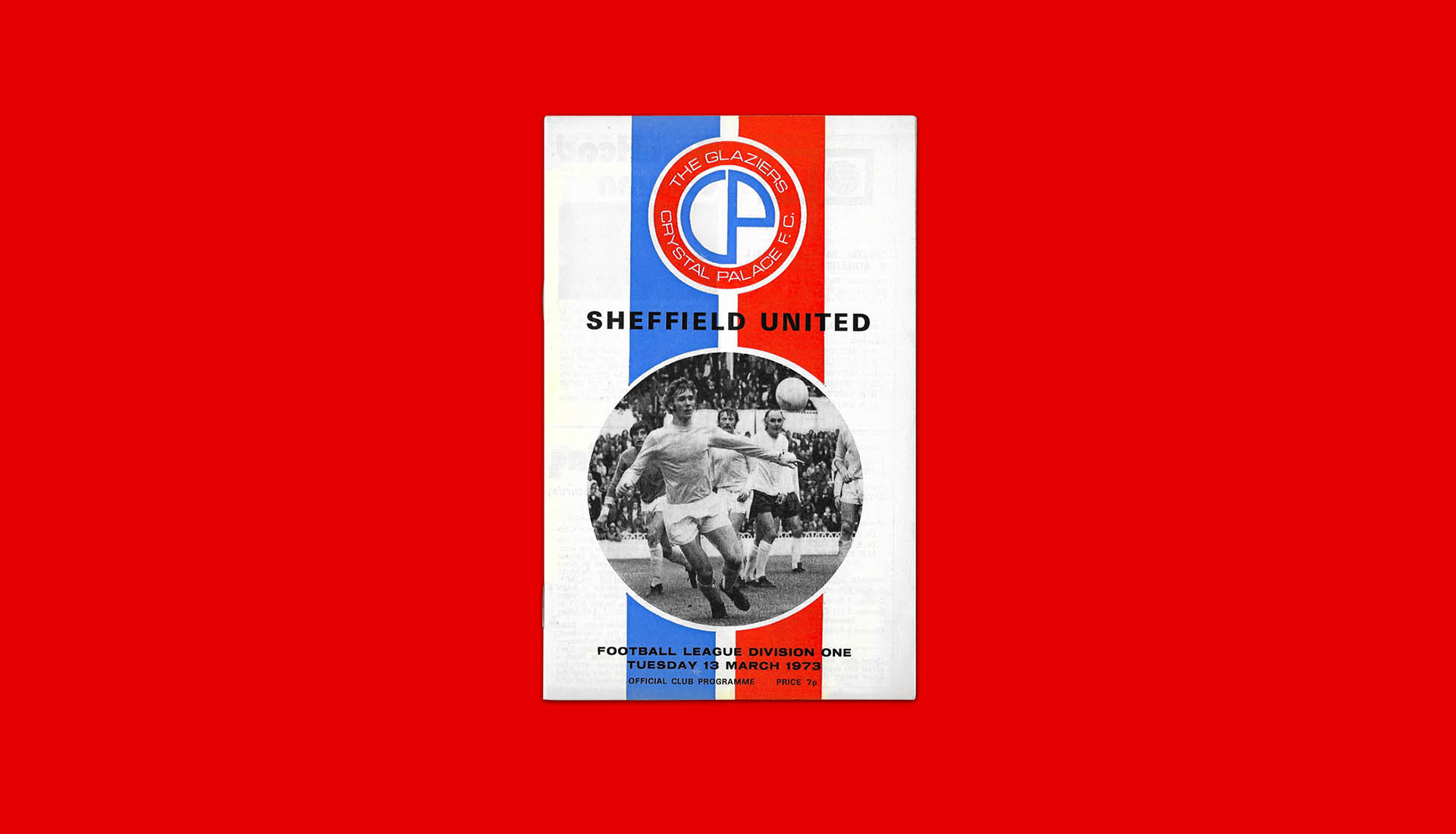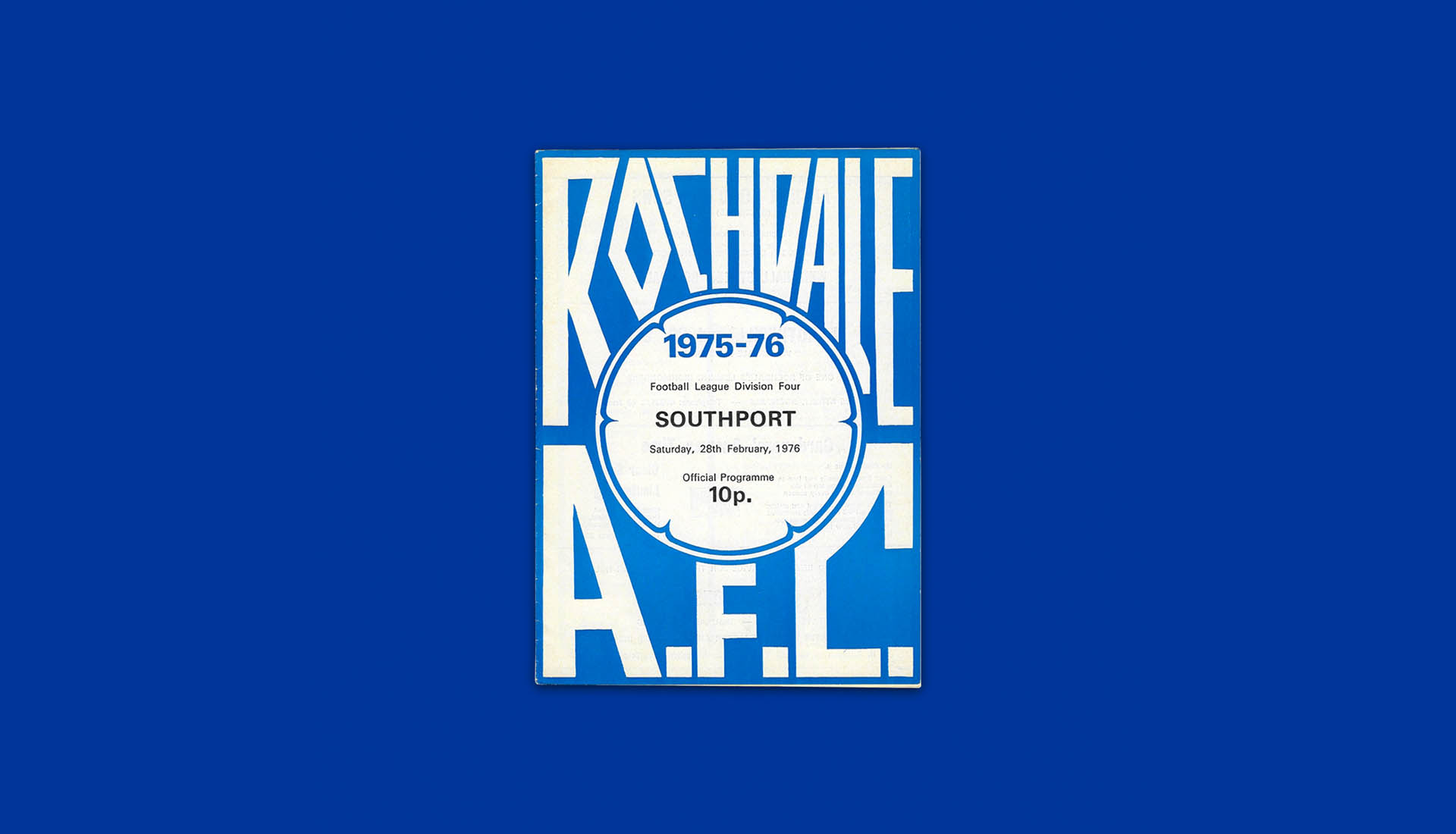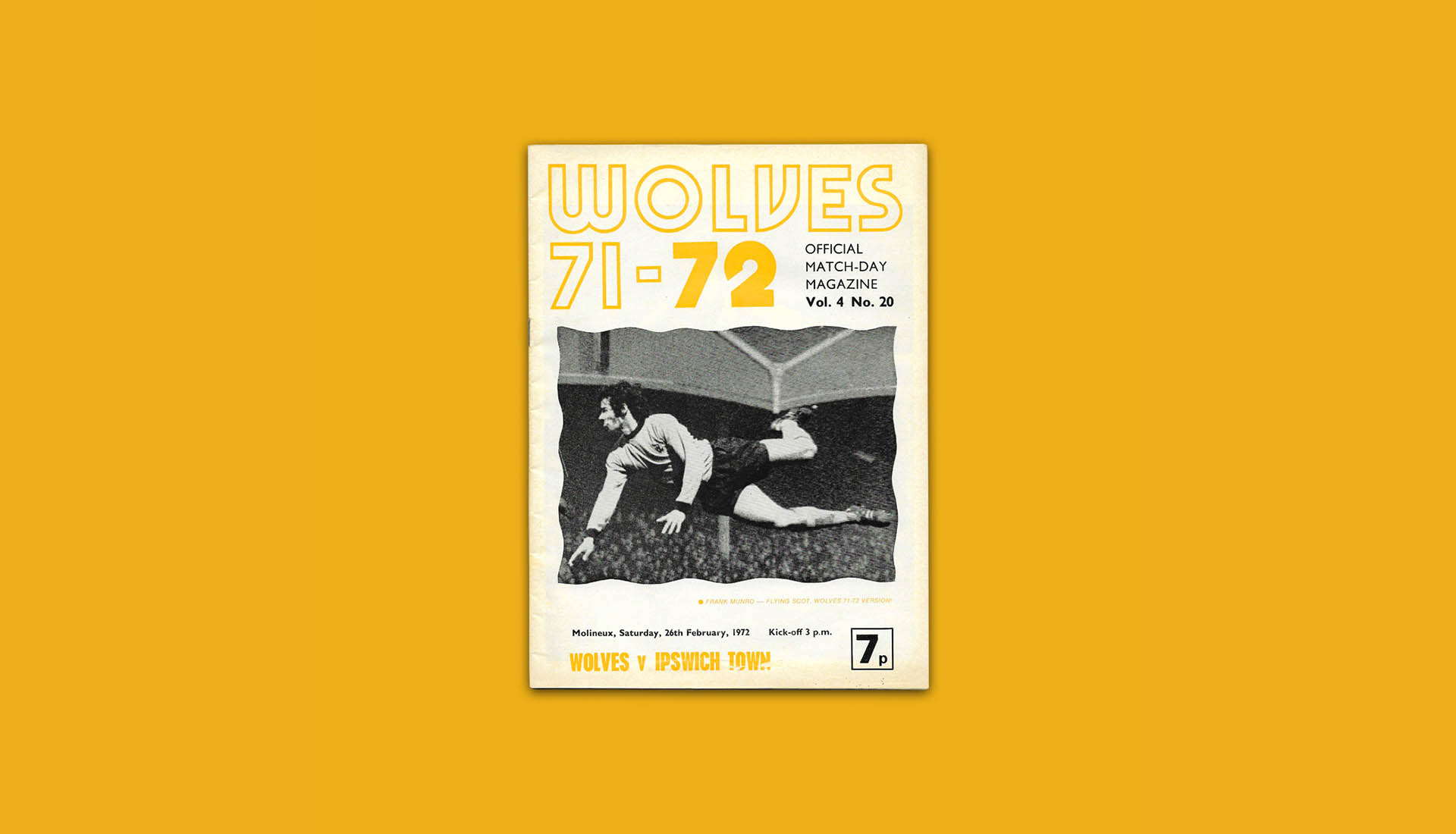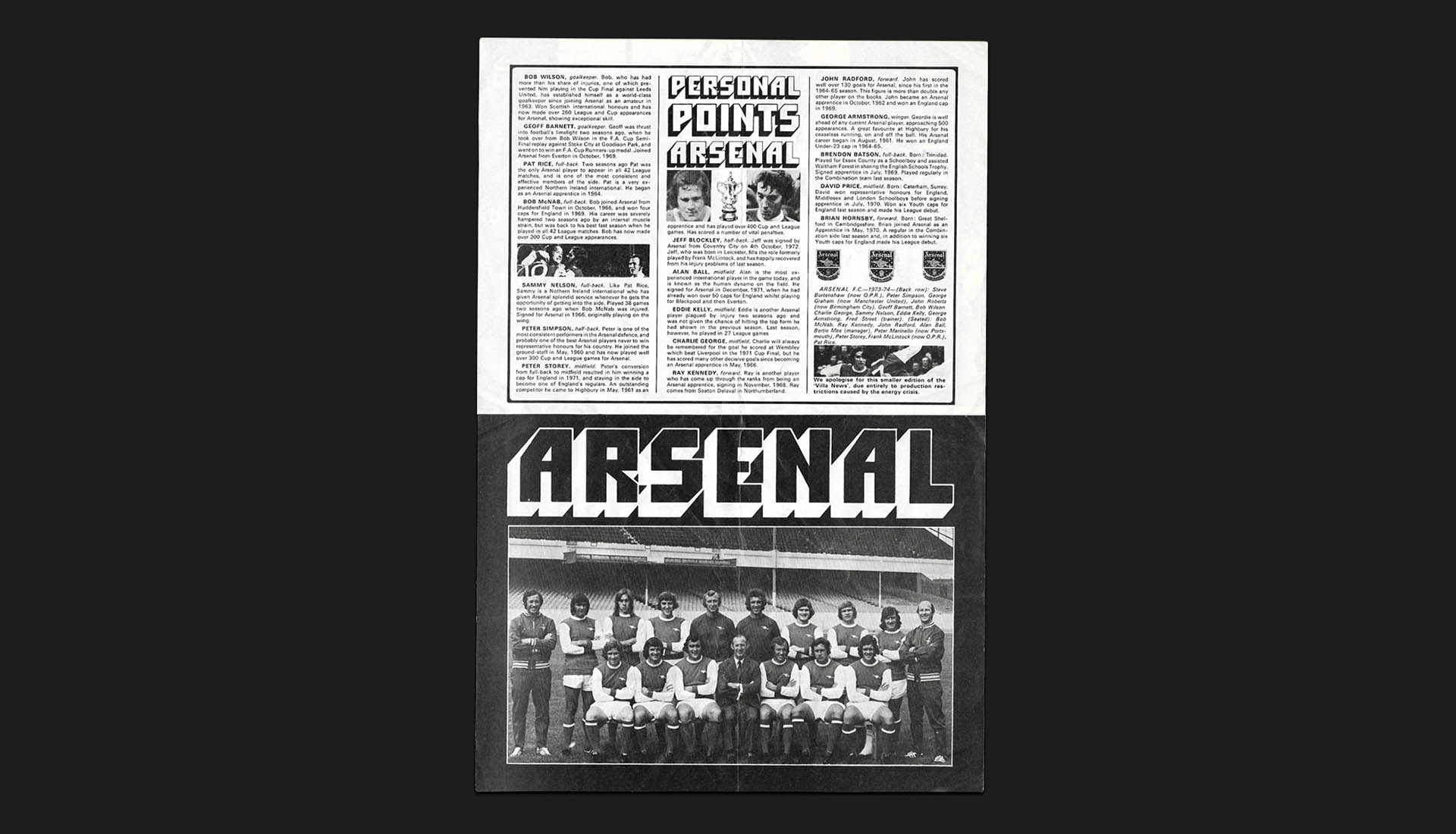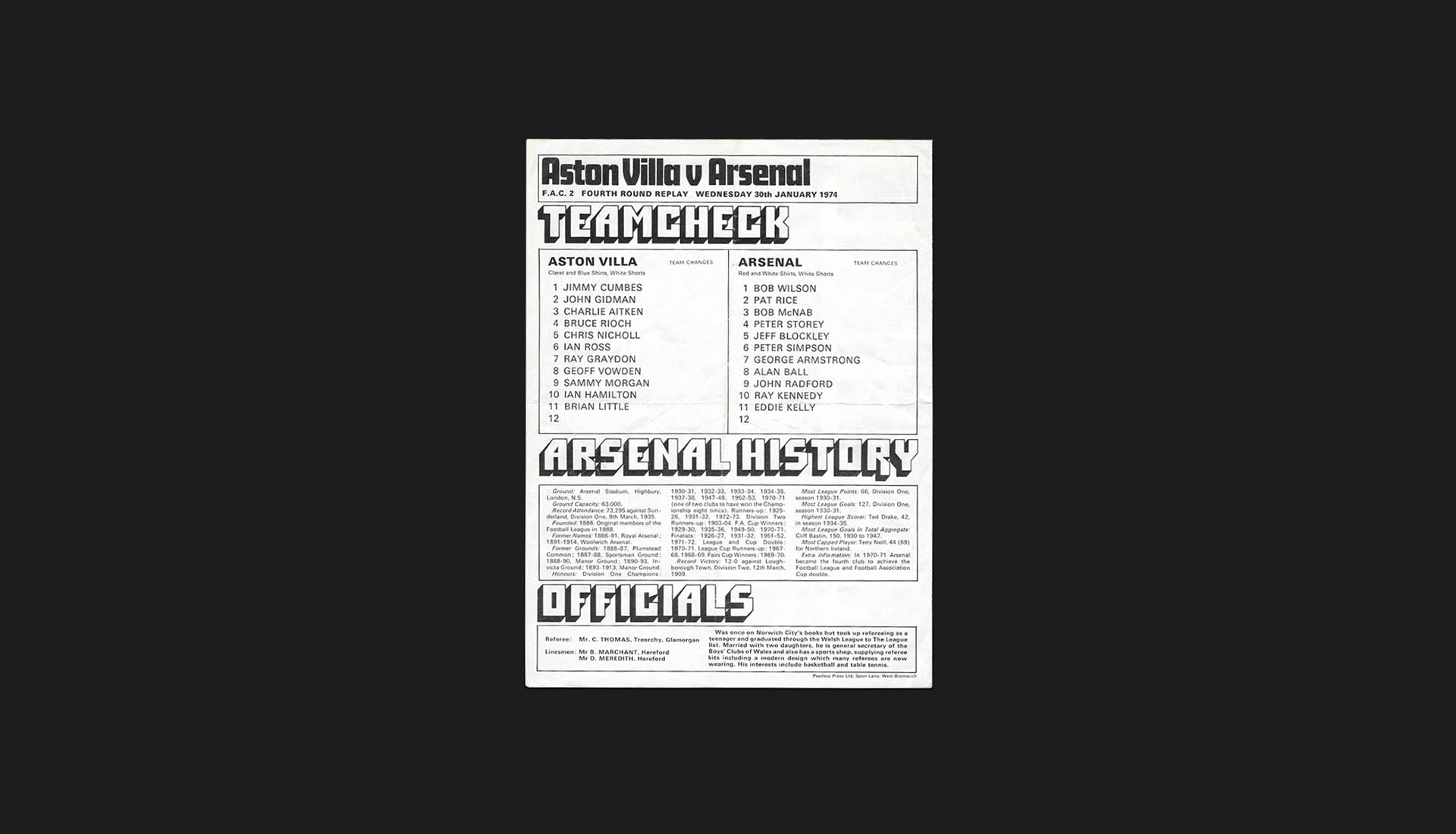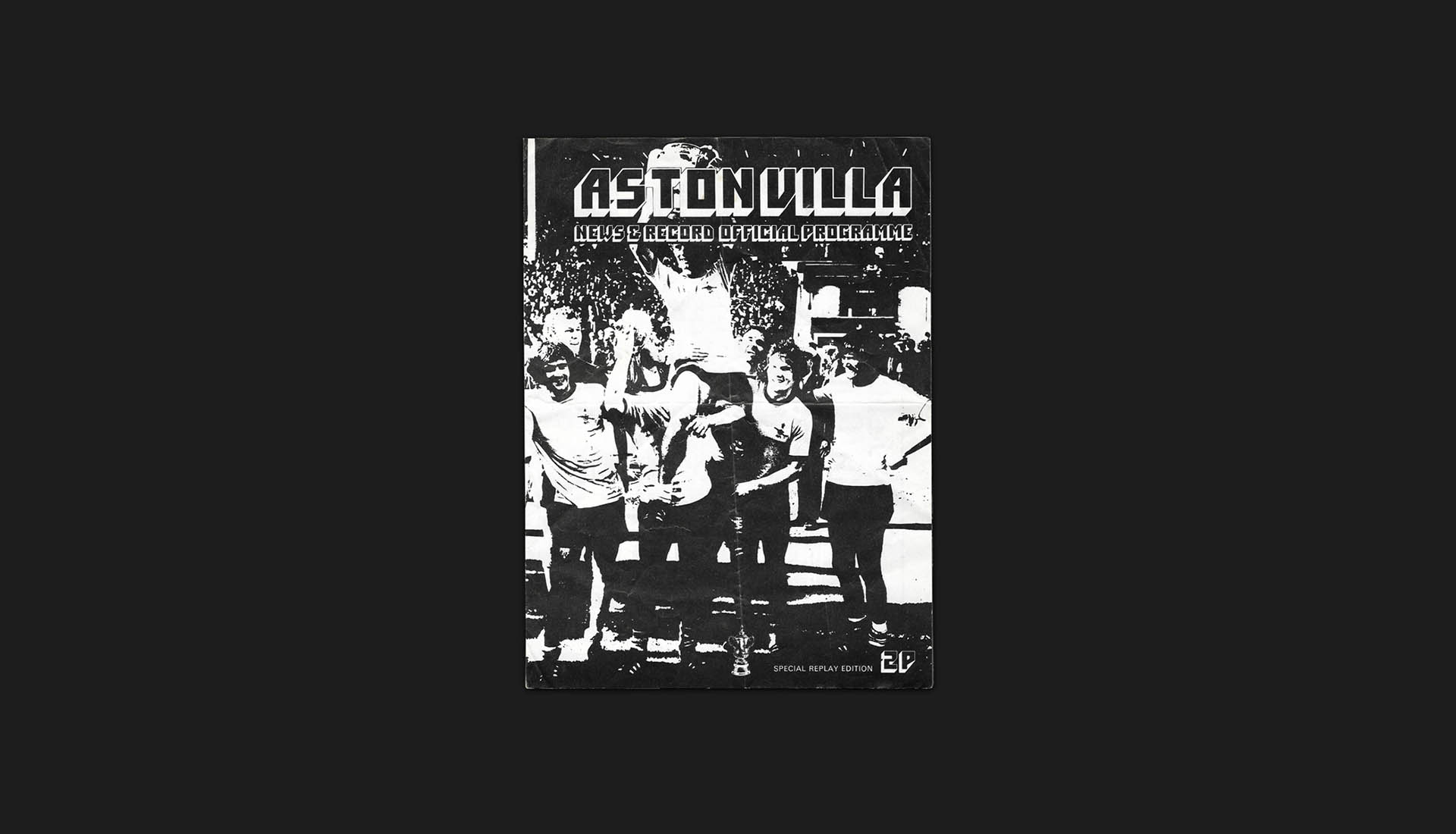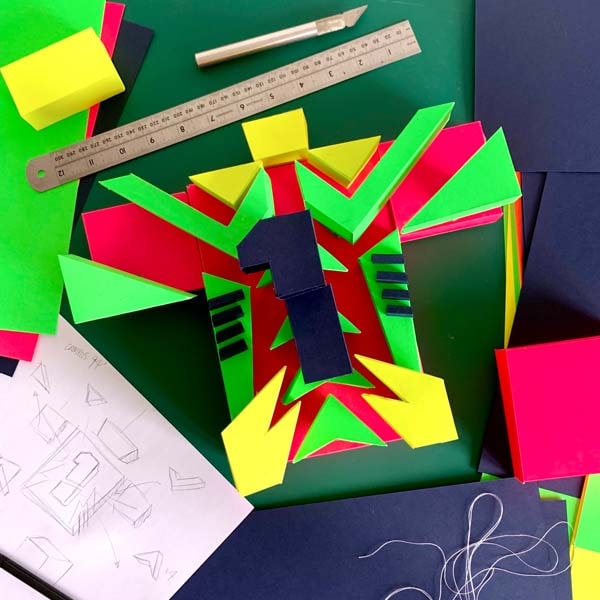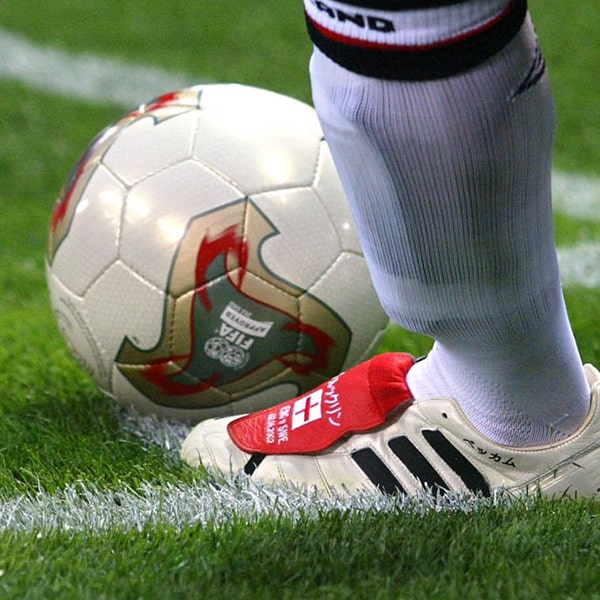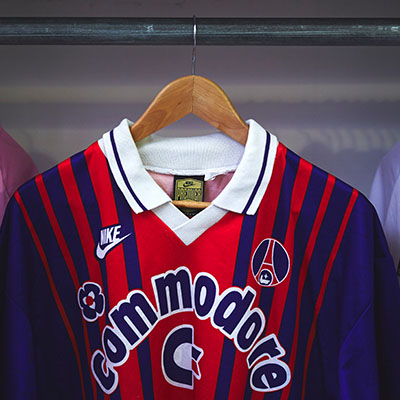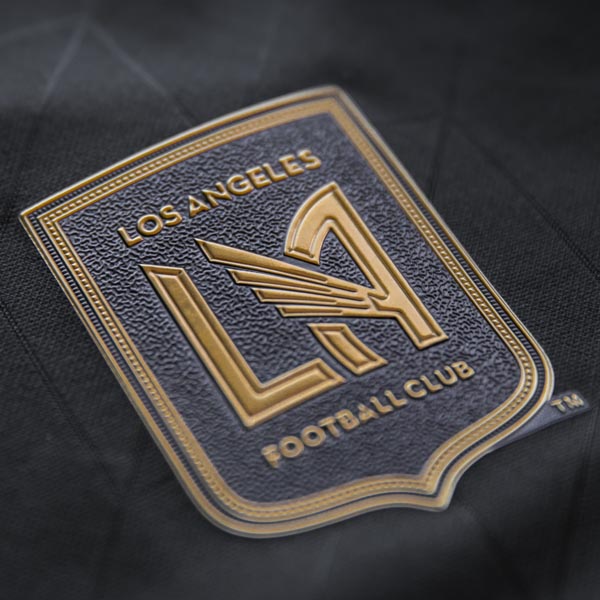Matt Caldwell has created '1 Shilling', a digital archive and hall of fame of the game's most stunning football programmes. As he continues to bring together some of the best programmes from the past, we take a closer look at his collection and hear from Matt himself.
In the summer of 2018, The English Football League announced that clubs in the respective divisions are no longer obliged to produce a programme for every game. With financial pressures abound in the lower divisions, it seems a matter of time before programmes are a consigned to the history books for some clubs. In the wake of this potentially dispiriting news, comes '1 Shilling', a collection of inventive and beautifully designed programmes from the ‘50s, ‘60s and ‘70s, depicting the very best in joyful, timeless aesthetics from football’s humbler age.
A celebration of football design that isn’t throttled by the commercial pressures of the modern game, the collection features bold, imaginative designs, many of which would look more at home on a soviet propaganda poster or record sleeve than the terraces of AFC Rochdale or Luton Town. Tracking down these obscure gems of design history is a labour of love for collector and designer Matt Caldwell, who spends many of his weekends rifling through boxes in musky school halls, arm in arm with collectors many times his senior. We spoke with him to better understand what he’s looking to achieve with the project.
How did the project start?
“My dad is the one who made me a Villa fan, dragged me into it, and he’s been supporting the club for 50 years. Which is mad, every day he’s ever been to he’s kept a programme and he’s kept them in these beautiful maroon cases.”
“You can dive into any single one, they are all categorised and it’s all beautifully ordered. It hasn’t been until recently with studying design that I’ve had some interest in it. I had a look at them and thought - these are incredible. They instantly capture a mood from a football match, you can almost be taken back. The simplicity of the writing, the advertising, the dated print quality, they are really beautiful flashbacks.”
What makes the programmes you pick for the project so special?
“It’s quite hard, I feel like what I’m doing with the project is trying to say that these look good, but when they were done in the ‘70s, they were not good, or maybe they were good, but no one really recognised them. It’s the ones are the loudest, or do something that would never happen now. That’s one of the biggest things.”
“They are so whittled down now, and everything has to produce a profit. A lot of clubs are having to cut back on making programmes now they’re not an official need from the FA.The experimentation that they were able to do when there was less pressure on these people, they were more like fanzines than official club programmes.That allowed the designers to be a bit more playful.”
Where do you get all your programmes from?
“There’s the West London and the North London programme fair, literally in a school hall underneath the church, and there’s probably a maximum of 20 people go there the whole day. But there’s a really good spirit, everyone’s talking about the same thing, a lot of the guys are a lot older and it’s a really nice for them to bold and make friends. It’s a really nice vibe, very community focused.”
What do you think about the announcement that EFL clubs are not longer obliged to make programmes?
“Obviously, when it comes down to a club staying afloat, and it comes to making cuts, programmes are probably one of the first places you go to. In my eyes, they are such important matchday mementos, it’s how if you want to remember a football match, apart from your ticket, that’s what you get. It’s part of the routine. When I go to a football match, it has to be, through the turnstiles, balti pie, programme, put a bet on, have a piss, potentially a pint, then watch the game. It’s quite an important part of the whole tradition.”
“Programmes have become these things that don’t really echo the voice of the community around them anymore, they’ve become a lot more business-fied and trying to say the right things and tick all the boxes. As much as it’s sad that they are going to be cut back I can see why it’s happening. Ultimately, I think that if there was more emphasis on making them really interesting, alternative ways of presenting the information, and not doing the bog standard. Like when you go to FA cup finals or any final, they made them A4 and all glossy, it’s horrible.”
What’s the goal of the project?
“Ideally I want people to be able to come to the 1 Shilling website and upload the programmes that they have, because, realistically, it’s going to be impossible for me to own every single beautiful programme that’s ever been. It’s this whole idea of community, that football is anyway, I want people to submit their own designs and eventually have a big hall of fame online.”
“A lot of these people wouldn’t have been completely trained in design ever and might have done it as a pastime or a little hobby for the football club. They were always people who lived near the club and lots of them were strong midlanders themselves.”
“The guy who designed the Coventry ones in the mid ‘70s called John Elvin, he literally lived next door to the old Coventry city ground in one of the terrace houses and worked from there. Those were the ones that changed the whole industry, but no one's’ ever heard of this John Elvin. He was in the first year of D&AD for his programmes, which is pretty nuts. If you think of 1960s graphic design you might think of swiss designers and german designers or what’s happening in London, but actually what I want to show that this kind of thing was happening everywhere, just from unsung midlanders and people from up in Leeds or whatever.”
“I want people to be able to learn and to see the cool stuff that used to happen, and eventually, I want that to convey a love towards programmes again, and getting more people to buy them, or maybe more consciousness about how they are designed.”
You can see the rest of Matt’s collection on the 1 Shilling Instagram, or submit your own programmes on the website.
